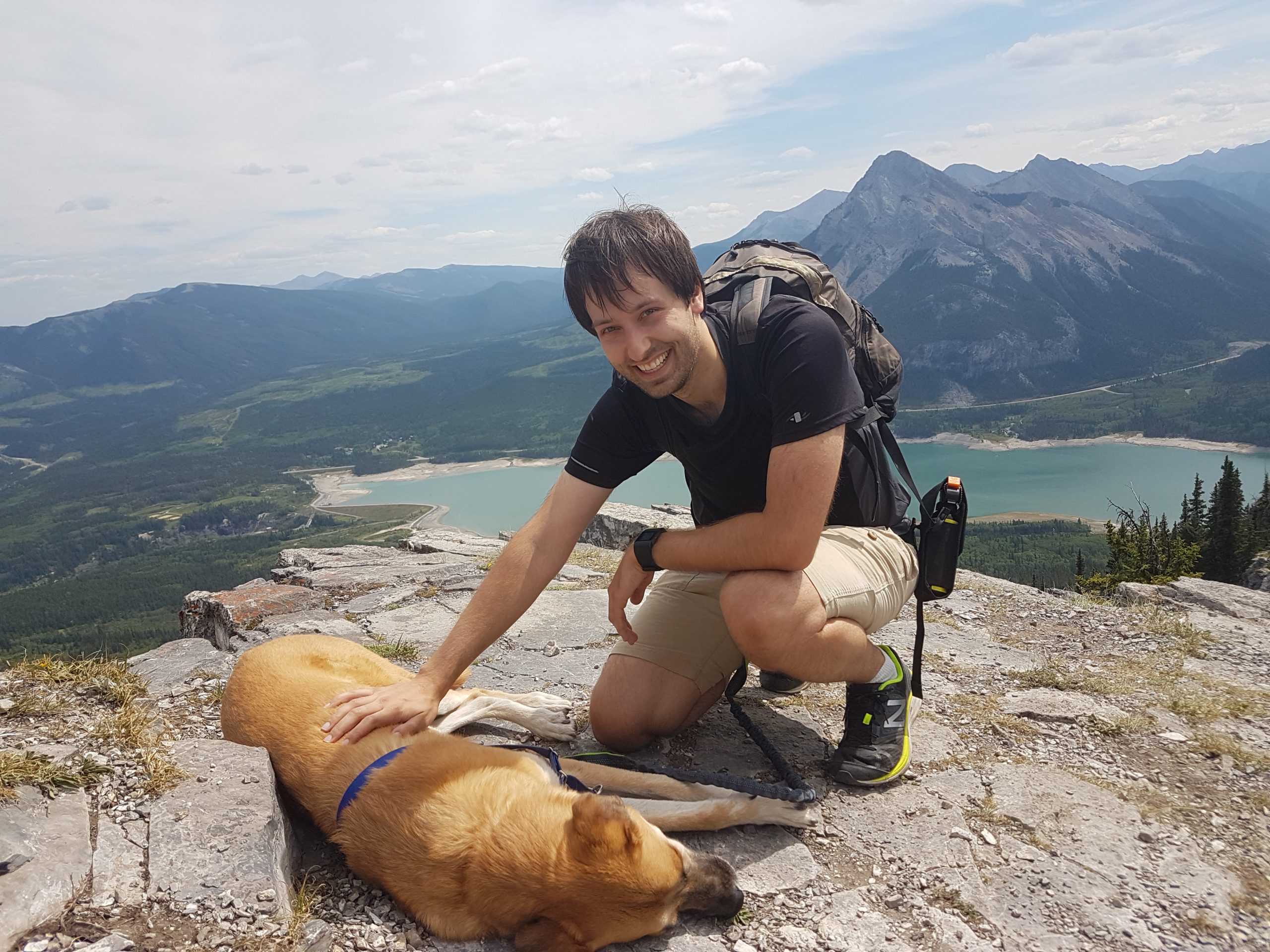Share
“When I treat someone in a rural community, I feel like I am helping the community itself.” – Dr. Justin Black
I grew up in Dawson Creek, B.C. where nearly all the care was provided by very versatile and multitalented GPs. At the time, I thought that was the way medicine was practised everywhere, so when I became interested in pursuing a career in medicine at a young age, I was already envisioning a rural style of practice. I didn’t even know specialists existed until I was 12 years old, when my younger brother was diagnosed with a rare chromosome disorder-even then, our GP was my family’s main source of information and guidance, since the specialist was a 16-hour drive away. I think through that experience, I really came to appreciate what our GP did for us and started to respect the additional challenges of rural practice.
What does rural practice mean to you?
When I treat someone in a rural community, I feel like I am helping the community itself. I think a big part of successful rural practice is developing a connection to that community and feeling invested in it. So much of rural identity is centered on being part of a close-knit community, so when a physician is truly integrated into the community, I think it adds an additional layer of trust. The action or outcome may not be any different from what occurs in an urban setting, but the smaller scale and deeper interpersonal connections help me maintain the perspective that we are treating people, not illnesses. It also leads to a sense of job fulfillment, since I can actually see the impacts my care has on the community. That point of view helps keep medicine rewarding for me.
What advice would you give someone who is considering rural practice?
There is a lot of excitement, improvisation and appreciation for work in rural communities. You will never be bored and you can bet your community will celebrate your successes with you. However, there is also an intense pressure and being adaptable in rural medicine is essential.
You are often the only chance for the patient to receive medical interventions, back up is far away, you have to be ready to deal with anything (and do it with limited resources) and you can bet the community will know when you fail. As such, you need to be sure that this practice style and lifestyle fits you. The advice is the same as any other interest: get your experience with rural practice and make sure you love it before you commit to it.
Dr. Justin Black is currently a third-year resident, practising palliative care. In addition to participating in rural placements in Guelph, Ont. and Barrie, Ont. during medical school, he completed rural residency rotations in Spruce Grove, Stony Plain and Lac La Biche, Alta. as well as Dawson Creek, B.C.
The Dr. Bryan Ward Memorial Endowment Fund is awarded annually to a medical student or resident with an interest in rural family practice and professionalism. Dr. Ward was a champion for rural family practice, spending 15 years serving a rural community before transitioning to administrative medicine with the CPSA as Deputy Registrar. To recognize Bryan’s many contributions to the medical profession and to encourage students and residents to choose rural family practice, the College and University of Calgary created the Dr. Bryan Ward Memorial Endowment Fund in 2014. For more information, or to donate, visit Dr. Bryan Ward Memorial Endowment Fund.

























Comments for this post are now closed. If you would like to share your feedback on this topic, please email support@cpsa.ca.